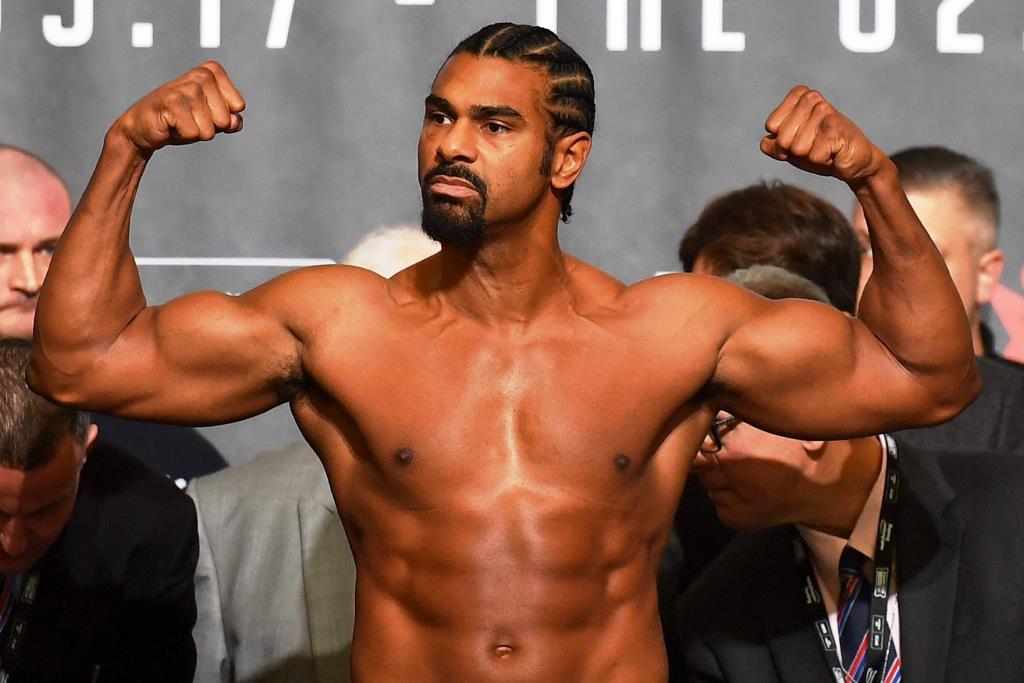BT Sport have announced a new initiative called Draw the Line aimed at tackling the rampant level of online abuse in sports today.
We’ve all seen and possibly felt the brunt end of trolls on social media, but a new YouGov research commissioned by BT reveals the true societal scale of social media abuse, and it’s alarming.

- More than one in ten, over five million people, have received online abuse over the last twelve months
- Half the population have seen online abuse in the past year
- Online abuse is worse for women with one in five women that received online abuse saying it was about their appearance.
- The younger the age the more likely you are to experience abuse, sixteen per cent of all 18-34 yr olds have experienced abuse
- Twenty-three percent of people who identify as gay or lesbian have received online abuse about their sexual orientation
- One in seven people believe that those working in the public eye should expect abuse
The fact that some people believe that if you have some notoriety you should expect online abuse says it all about the current outlook online.
When it comes to footballers for instance, they don’t have it easy. High profile football matches which BT tracked, they saw three in 10 abusive tweets sent before a ball is even kicked. They haven’t even played yet!
The life of a fighter isn’t much better. Their fights are sold on bad blood and violence, so it’s easy for fans to get emotional invested and perhaps, take things too far.

talkSPORT spoke to former heavyweight world champion David Haye about Draw the Line and he believes we must start linking the accounts to real people with real world consequences.
“I get very, very little abuse, racial or otherwise, on LinkedIn. I believe it’s because it’s a business/work thing. So although you can write comments back and forth, your position in the business you work in is public for everyone to see.
“All of your work colleagues can see your messages. So most sane people, at a time where most are lucky to have a job, wouldn’t spout racist abuse online. Whereas on IG, FB or Twitter, anyone can start an anonymous page where they can spew disgusting things.
“I believe you should not be allowed to comment on someone else’s post if your name or ID has not been validated.”

Haye was a polarising figure during his time at the top of boxing. He drew a lot of hate for his bitter feud with Tony Bellew that ultiamtely ended his career, but the Hayemaker was always fine with you wanting to see him knocked out.
That’s business. That’s a far cry from personal and racial insults that he’s had to endure even in retirement.
Alas, fighters get heated and personal to draw attention to their fights and sell them. Jake Paul, annoyingly enough, seems to be the master of this craft right now.
In a way, they invite the attention of those online, but Haye believes fans should be able to make a distinction between the character and the person.
More importantly, they should know where the line is.

“If they’re doing it on purpose, like with me and Bellew, we both knew what we say and do will ruffle feathers. But that’s always been are M.O. from day dot.
“We want to stir up the emotion to get people wanting to see you win by knockout or lose by knockout. Where you don’t want to be is in the middle where no one cares.
“You look at the biggest pay-per-view stars you got Floyd Mayweather; crazy character with a very polarising personality. Mike Tyson, Tyson Fury, myself, Bellew, Dereck Chisora, Dillian Whyte – a lot of the big names are very controversial characters.
“They say things that will ruffle a lot of feathers, these are people who receive a lot of hate online. But that’s part of the game; it’s like The Undertaker or someone from WWE, it’s a persona you put on. It’s the entertainment game. But that’s very different to when a fighter retires from that sport. He’s no longer putting on that persona. The Undertaker has retired and now he wants to be a regular dude.
“People find it difficult to switch on and off between the on-screen persona and what’s reality. If an actor plays a role you don’t like, you don’t send them abuse because of that role. It’s all characters.
“You want people to say I’m going to get knocked out. I’ll say ‘put your money on it then!’ I want to stir them up, I want them to want to watch it. You want me to get knocked out? Make sure you buy a ringside ticket to see me get decapitated if that’s what you want – great. I see that as money in my pocket.
“But once I’m retired and someone says I hope your house burns down with your family in it… hold on, where are we going here?! This is a whole other situation here and why would you want that?!

